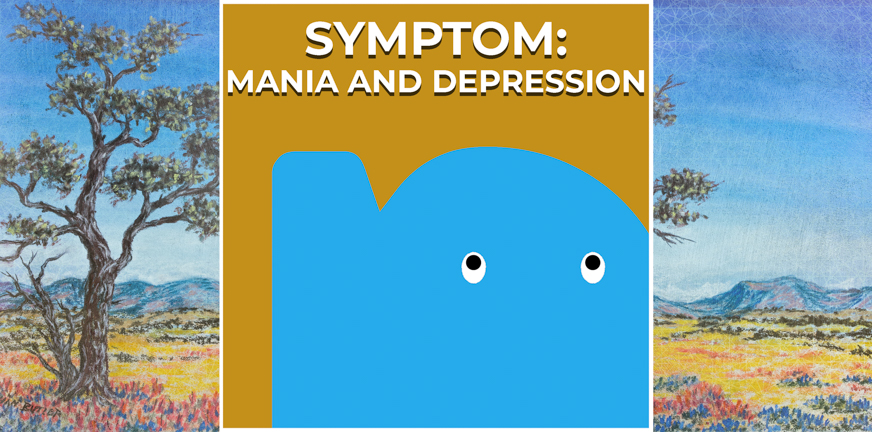
Marked manic and depressive symptoms can go hand in hand with psychotic problems such as delusions and hallucinations. And the other way round, it is also understandable that psychotic problems can lead to anxiety and a depressed mood.
When you are constantly hearing voices telling you unpleasant things, or feel like someone is monitoring your every move, it is not strange that this drags you down
And so do the confrontations with people around you, which you might regularly have during psychosis. Therefore, psychotic experiences often lead to signs of depression.
At the same time, studies also show that emotions like anxiety and depression also play an important part in the development of psychosis. This is because anxiety and depression make you look at events in a negative way (see, things are never going to get better’), enlarge reasoning errors (‘it must be my fault‘) and make you more suspicious.
Watch the animation “Everbody has psychotic experiences”
Bipolar disorder or manic depression
When your mood changes a lot between very depressed and very energetic, this is called bipolar disorder, or manic depression. Just like with psychosis, there are many different forms of manic depression. How heavy the mood swings are and how long the episodes last, is different for each person.




